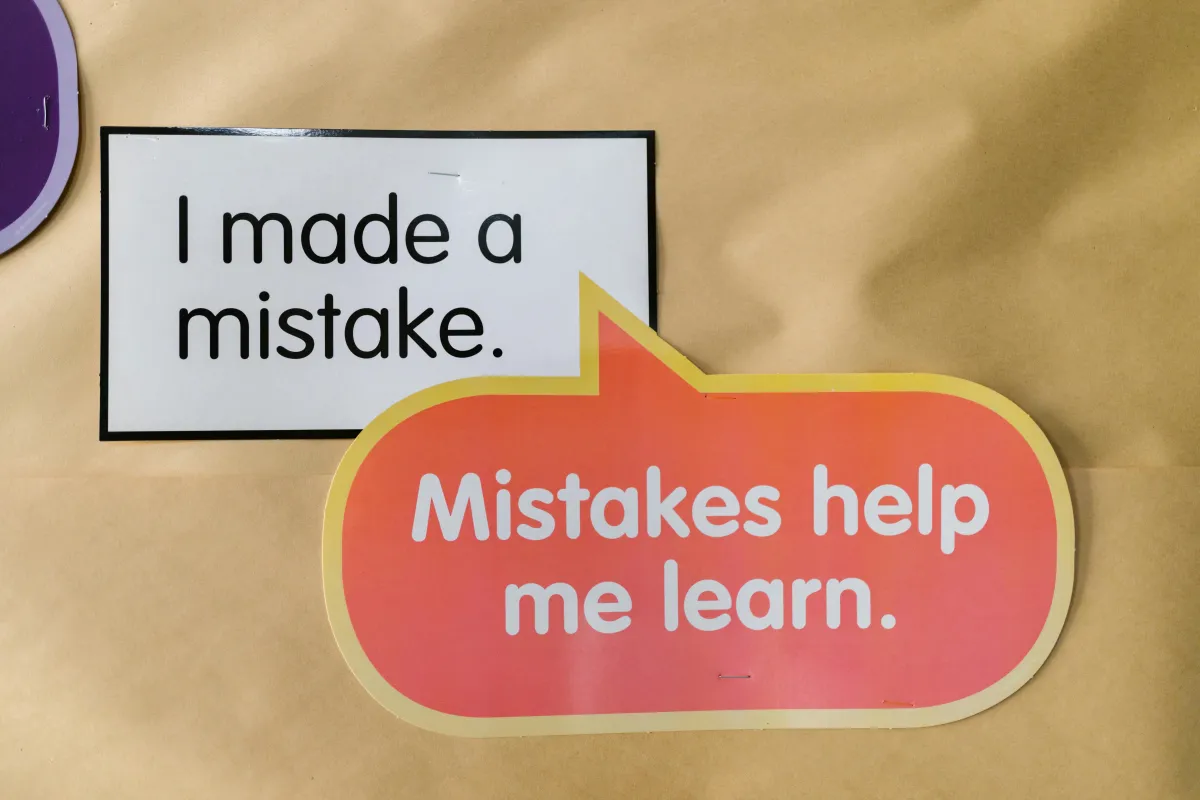
5 Common Notary Mistakes to Avoid (and How to Fix Them)
5 Common Notary Mistakes to Avoid—and How to Stay Compliant
Even one small error during a notarization can have major consequences. From invalidating a legal document to exposing yourself to liability, notary mistakes are serious—but thankfully, most of them are entirely avoidable.
Whether you’re a new notary public just starting out or a seasoned pro looking to tighten up your process, these five common notary mistakes are worth reviewing—and avoiding.
At Riqueza Business Ventures™ LLC, we train and support notaries across California and beyond to ensure high standards of accuracy, ethics, and compliance. Here's what you need to know.

1. ✅ Failing to Properly Identify the Signer
This is one of the most common—and serious—mistakes notaries make. California law requires notaries to verify the identity of every signer using a valid, government-issued photo ID. Accepting expired identification, using a nickname, or skipping this step altogether can result in an invalid notarization and potential legal action.
Best Practice Tip:
Double-check that the ID:
Is current and unexpired
Matches the name on the document
Includes a photo, signature, and physical description
Is recorded accurately in your notary journal
🚫 Never accept a birth certificate, Social Security card, or school ID—they are not valid forms of ID in California for notarization.
2. 🧾 Missing or Incorrect Notarial Certificates
Every notarized document must include the correct notarial wording (certificate), such as an Acknowledgment or a Jurat. If the document doesn’t include a certificate—or includes the wrong one—it’s your duty to ensure the correct form is attached.
But here’s the catch: You cannot choose for the signer.
Best Practice Tip:
Keep both Acknowledgment and Jurat loose certificates with you at all times.
Explain the difference like this:
Acknowledgment = signer confirms identity and willingness, can sign before or during the appointment
Jurat = signer swears/affirms the truthfulness of the document and must sign in front of you
If they’re unsure, direct them to the document preparer or attorney—not your opinion.
3. 📚 Incomplete or Late Journal Entries
California requires that every notarization be recorded in real time in your notary journal. Skipping entries, pre-filling them, or trying to fill in multiple signings later is illegal and puts your commission at risk.
Best Practice Tip:
Your journal must include:
Date and time
Signer’s full name
Document type/title
Type of ID and ID details
Type of notarial act
Signer’s signature
Fee charged
✍️ Journals can be subpoenaed in court—so treat them like legal records.
4. 💵 Overcharging for Notary Services
California sets strict maximum fees that notaries can charge. Overcharging—even by mistake—can result in fines, complaints, or commission suspension.
As of now (2025), California’s maximum notary fees are:
$15 per signature for Acknowledgments or Jurats
$15 per oath or affirmation
Additional fees for travel must be agreed upon in advance
Best Practice Tip:
Review the Secretary of State’s fee schedule at least once a year. Be transparent about fees upfront and provide receipts when requested.
5. 🚫 Not Knowing When to Say “No”
This is one of the most important responsibilities of a notary public—and also one of the hardest. If something feels off, it’s your legal duty to decline the notarization.
Examples of red flags:
The document is incomplete
The signer appears confused or under pressure
The signer lacks valid ID
You’re asked to backdate or notarize something you didn’t witness
Best Practice Tip:
You’re not a lawyer, and you’re not a judge—but you are a public official. Protect your clients and your commission by knowing when to walk away.
🔐 Your Role Matters: Notary = Document Integrity
Every signature you notarize carries legal weight. As a notary, you’re entrusted with helping prevent fraud and ensuring important documents hold up in court.
By avoiding these five common mistakes, you’ll not only protect your commission—you’ll earn the trust of clients, attorneys, title companies, and others who depend on your accuracy.
📥 Want a Downloadable Checklist?
Click here to grab our free Mobile Notary Appointment Flow Checklist, a printable PDF you can keep in your journal or bag for quick reference.
👉 Notary Appointment Flow Checklist
💼 Need Help with Estate Plans or Real Estate Signings?
Riqueza Business Ventures™ LLC proudly serves Palo Alto, Redwood City, and the greater SF Bay Area, offering notary services for:
Estate plan signings
Real estate transactions
Medical directives
General legal documents
📅 Book with us today and experience the Riqueza difference.
👉 www.riquezabusinessventures.com
📞 510-497-4509
